People who think of “liberation theology” as a 1960s fad should get to know Fordham University Professor Michael Lee, one of a new generation of Catholic theologians.
Lee’s faith was transformed when he put it to work among the poor after college, and liberation theology gave him a way to think about his experience. Now he uses it to help undergrads understand the connection between faith and the needs of the world.
“Liberation theology invites people to respond to the gospel in profoundly concrete ways, to establish relationships of solidarity and community,” he says. “Faith suddenly makes sense. Christian interaction with the world is richer, more meaningful.”
Lee has seen his students’ faith become more active in the struggle for justice, even when it comes down to where they buy their clothes, as in the case of the anti-sweatshop movement on college campuses. “Students have been able to question the effects of buying something at Old Navy or the Gap,” he says. “And they’re just beginning to put the pieces together.”
But a “liberation spirituality” isn’t just for Catholic college students. “We live in an age of globalized technology, communication, and business,” Lee says. “People of faith need to reflect on how faith itself is globalized. We can’t be ignorant of these places of suffering.”
You teach “liberation theology.” What exactly is it?
I always start by asking: What does liberation mean? The Second Vatican Council’s Pastoral Constitution on the Church in the Modern World, Gaudium et Spes, begins by saying that the joys and hopes, the fears and anxieties of the people of this age, especially the poor, are those of the church. Liberation theology captured the hopes and the longings of poor people, especially in Latin America in the 1960s and 1970s.
I think at the very least liberation theology is a reflection on the fact that human liberation has to be part of the Christian understanding of salvation. Salvation isn’t exclusively otherworldly; it has something to do with the here and now.
What about Latin America at the time explains why liberation theology emerged there?
It’s hard for us, with a rich society and large middle class, to imagine societies where an elite 5 percent controls up to 80 percent of the wealth. There also was a long historical relationship between church and state that is different from our own country’s experiences. Go to the plaza of any typical Latin American town. On one side you’ll find the local or national government building and directly across the plaza you’ll see the local Catholic Church.
As one historian has said, the conquest of the Americas came with a Bible in one hand and a sword in the other, and that’s a long and tangled history. Fast forward to the 20th century, and poor people were beginning to long for a change that would alter the traditional relationship in which the church was more associated with those in power.
Communities of people, especially poor people, gathered to read the Bible and reflect on their faith. They moved from a fatalistic faith-one that said the poor should tolerate the present and put their hope in the afterlife-to a faith rooted in Jesus’ preaching about a wholeness of life, which the prophets of the Hebrew Bible also talked about: caring for the widow, the orphan, the forgotten, the stranger.
Is liberation theology just for Latin America?
I don’t think so. The famous photo of the Earth from space taken during the 1969 Apollo 11 mission allowed humanity to see our planet from a distance. Two thirds to three quarters of its people languish in poverty and disease or suffer as victims of war. That perspective demands a response from people of faith. Responsible faith cannot say that it’s not our problem.
Does that mean we need to seek out poverty and suffering?
In U.S. society we’re like chicks in an egg, and we have to crack through the tendency to be encapsulated in our small world. When my students are able to break through that shell by participating in service programs both here and abroad, where they meet and get to know poor people, it can really open that awareness. In my own life, it was when I had friends who were poor or homeless that I experienced a reorientation.
How did that happen for you?
I took a course in liberation theology as an undergraduate, and it really got me thinking. I wanted to go to Latin America when I graduated, but my professor encouraged me to stay and discover the poor of my own country. So I got involved in Andre House, a Catholic Worker community in Phoenix. That was a wonderful experience because the broad categories of “poor,” “solidarity,” “justice” were made flesh. They became concrete, and my own faith was transformed there as well.
Can you think of a specific example?
One night during the evening meal at Andre House, when we were trying to feed 800 people, a guy tried to cut in line. I told the person in front of the line about it, and the guy who cut spun around, lunged at me, and threw me on the ground. He was a middle-aged Navajo man, he was drunk, and it looked like he was about to kill me.
Then two interesting things happened. First the other guys came between us and protected me. Then the police came over and asked me if I wanted to press charges. I said no, there’s no need for that. He looked at me and went away.
The next day he was back, and I thought: Oh God, here we go again. He walked right over to me and apologized. We went on to become great friends. Every day I looked forward to seeing him.
I later learned he was a Vietnam veteran and an oldest child trying to support his mother and other siblings. He had an amazing story, but one that I would never have heard if I hadn’t been there. It was almost absurd for us to be friends, and yet we were, and I learned so much from being his friend.
Is it just about charity for the poor?
I think a “liberation spirituality” requires a big change in how we think about salvation and how we think about the church. There’s a kind of faith that makes a really strict division between natural and supernatural, between the earthly realm and the heavenly realm. And that division can also mean a privatized faith and a church whose purpose is getting souls to heaven. My concern as a Christian is my personal salvation.
That approach really goes against the longer Christian tradition. Catholicism imagines the church as a corporate body, the Body of Christ. We are the People of God, a “chosen people” to draw on an image from the Hebrew Bible, a corporate body. It’s not just me and Jesus.
How does Jesus fit?
I think liberation theology’s understanding of Jesus is part of a wider 20th-century appreciation of the historical Jesus and his ministry. The primary theme of Jesus’ preaching was the kingdom of God. It wasn’t a purely otherworldly kind of preaching. It wasn’t passively accepting the society as it was. Jesus was angry at some religious people. Jesus healed those who were ostracized in his society. I think liberation theology picks up on this. My salvation isn’t just spiritual, and salvation isn’t strictly otherworldly. It begins in this world.
Liberation theology also asks some questions about Jesus: Does it not matter where and when he lived? Could it have happened any time, any place?
It does matter. Our faith is an incarnational faith. It means we take history seriously. Jesus lived in a particular society, and he had a certain place in that society. He reached out to certain social classes as well, especially those who were rejected. I think that provides a model for where the church should be, where Christians should be.
Does the United States need a liberation theology?
I think one of the challenges is whether liberation is the right term. Is there another metaphor that captures the hopes, the longings, the anxieties of the people of this country, especially those who are poor?
Theological reflection during the recent health care debate was really important. Seeing people talk about the common good, asking about those who are left out of getting health care-that’s the option for the poor at the heart of liberation theology and why liberation theology remains relevant.
What are some other problems that need attention?
Our culture’s individualism can prevent us from being connected to others, and that is certainly a challenge, as are the dangers of a consumerist culture. Do we just see ourselves as consumers?
We also still have a significant portion of our population suffering from poverty, so there’s no escaping the need for a hard look in the mirror. Since the election of President Obama there has been much talk about a postracial society, but U.S. prisons are certainly not postracial; they are full of young African American men.
These problems are distinctive to us as a country. In response, do we still, in the name of separation of church and state, box up our faith so that it doesn’t give full expression to the gospel?
How can liberation theology be a resource for exploring these issues?
One of the important ideas coming out of liberation theology is the notion of social sin. It’s a difficult concept, because when you talk about social sin, who’s choosing to commit it? It’s easy for no one to be guilty of it.
But when you look at poverty or racism in this country, you can’t say God is OK with that. It is contrary to God’s will. That is the definition of sin.
Sometimes you hear social sin compared to original sin, as if it’s just there, like a medical condition or something. But there is a connection between my personal moral action and racism, for example, even if I don’t feel like I do racist things or have racist thoughts. How do you help people see their place in the constellation that produces the U.S. prison system or the connection between my 39-cents-a-pound bananas and inhumane working conditions in Central America?
The hard part is talking about social sin and collective guilt in a way that doesn’t alienate people who are just trying to provide for their families.
Consider the controversy sparked by the Rev. Jeremiah Wright’s comments during the 2008 presidential campaign. Wright used the language of social sin when talking about racism, and it was a tense moment. His words were received defensively, angrily. They were certainly inflammatory and provocative, but if you got beyond the rhetoric, he was speaking hard truths that a lot of us need to hear.
How do you help people start asking hard questions like that?
As a Catholic, as a Christian, I have faith in Jesus, and I live my life a certain way as a disciple of Christ. What is that way? In Ignatius of Loyola’s Spiritual Exercises, there’s a reflection in which Ignatius invites a person to stand before the cross of Jesus and ask, “What have I done to crucify you?”
A liberation spirituality invites us to look at the crucified people of our world and ask them the same question: What do I need to do to bring you down from the cross?
It’s easy to rattle off piously that the church is the Body of Christ. But if you begin to ask how it is made flesh, it spurs reflection.
I start my classes with basic questions to get this kind of reflection going: What is “good news”? What is salvation? I usually get stunned silence from my students. They can’t give a basic answer to what salvation means. It’s just a spiritualized term, and it remains at that level.
That’s why I start with concrete stories or biographies. I think the greatest works of liberation theology are not written, they’re lived in people such as Archbishop Oscar Romero of El Salvador or the four American churchwomen in that country, all killed in 1980, who lived ordinary lives of solidarity, who practiced little ways to break down walls.
If a parish asked you to help them out of their “shell,” what would you do?
Lots of parishes have peace and justice committees, and while that’s a wonderful thing, it can sometimes isolate. We have the liturgy committee, the peace and justice committee, and the stewardship committee.
I think liberation theology asks the liturgy committee: When we celebrate the liturgy, does the memory of Jesus’ Passion, the bread and the wine, the Body and Blood of Christ, call us to a greater solidarity?
Or the stewardship committee: What does the parish budget say about who we are? Is our money where our mouth is?
Is it our job to “fix” things?
We can’t solve poverty. It’s something that we work against. But if justice is a goal that we’re trying to achieve-a perfect society or something-it’s going to be futile. The church is in the world to make it look more like the kingdom of God, but that takes God’s grace.
Still, we strive toward it by the way we live our lives, by the way we show unconditional love. In doing so, we point to but also bring about the presence of God.
What might that look like?
The best way for me to describe it is in poetic terms. When I was at the Catholic Worker, a watermelon farm called and said they had a lot of surplus fruit that was going to go to waste. Could we pick it up? So we drove empty pickup trucks over there and loaded a hundred or more watermelons.
After we had served it at our evening soup line, we still had more. So we started passing out watermelons in our neighborhood. People started coming out of their homes, and neighbors were telling others. Seeing all these people streaming toward the street was an amazing sight. We were having this huge watermelon party in the middle of the street.
It was a poor community wracked by violence, but it was such a scene of beauty, of sharing a meal. To me it was a eucharistic image in the midst of urban decay.
Moments like that are moments of faith for me. It was a eucharistic celebration more alive than a lot of other ones that I’ve seen. I think that’s the transformative lens of faith that liberation theology can provide.
This article appeared in the March 2010 issue of U.S. Catholic (Vol. 75, No. 3, pages 18-21).
Image: MART PRODUCTION from Pexels.


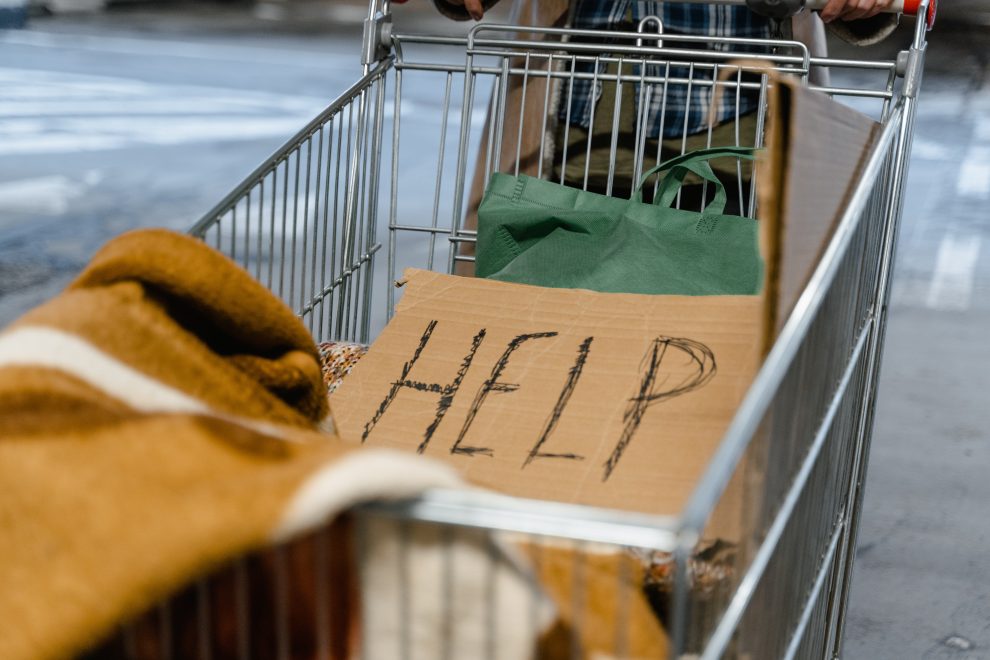


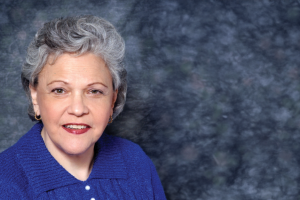
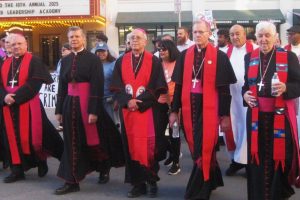
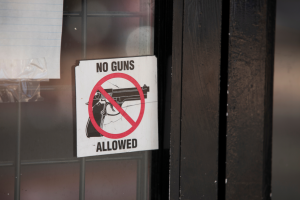




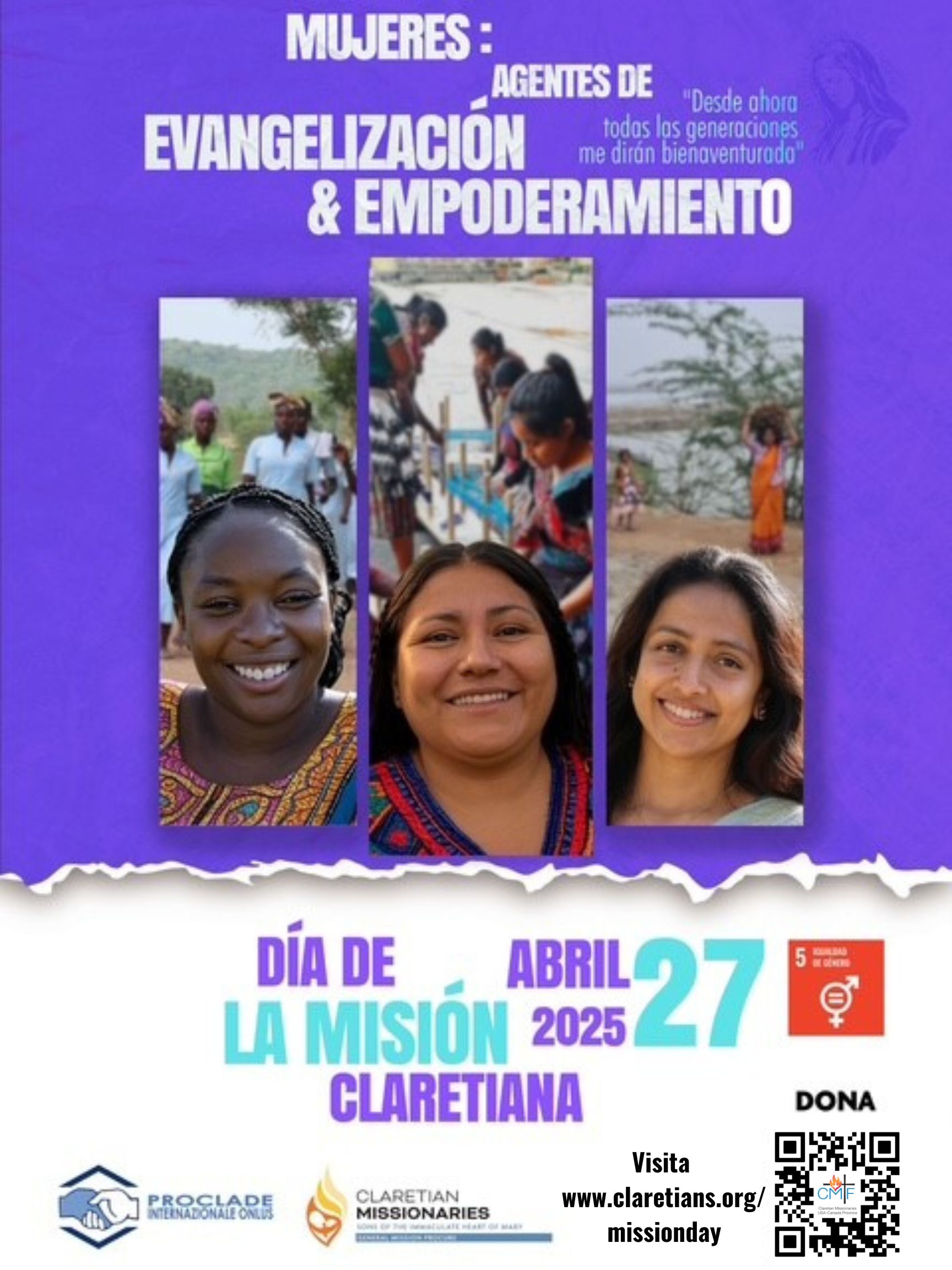
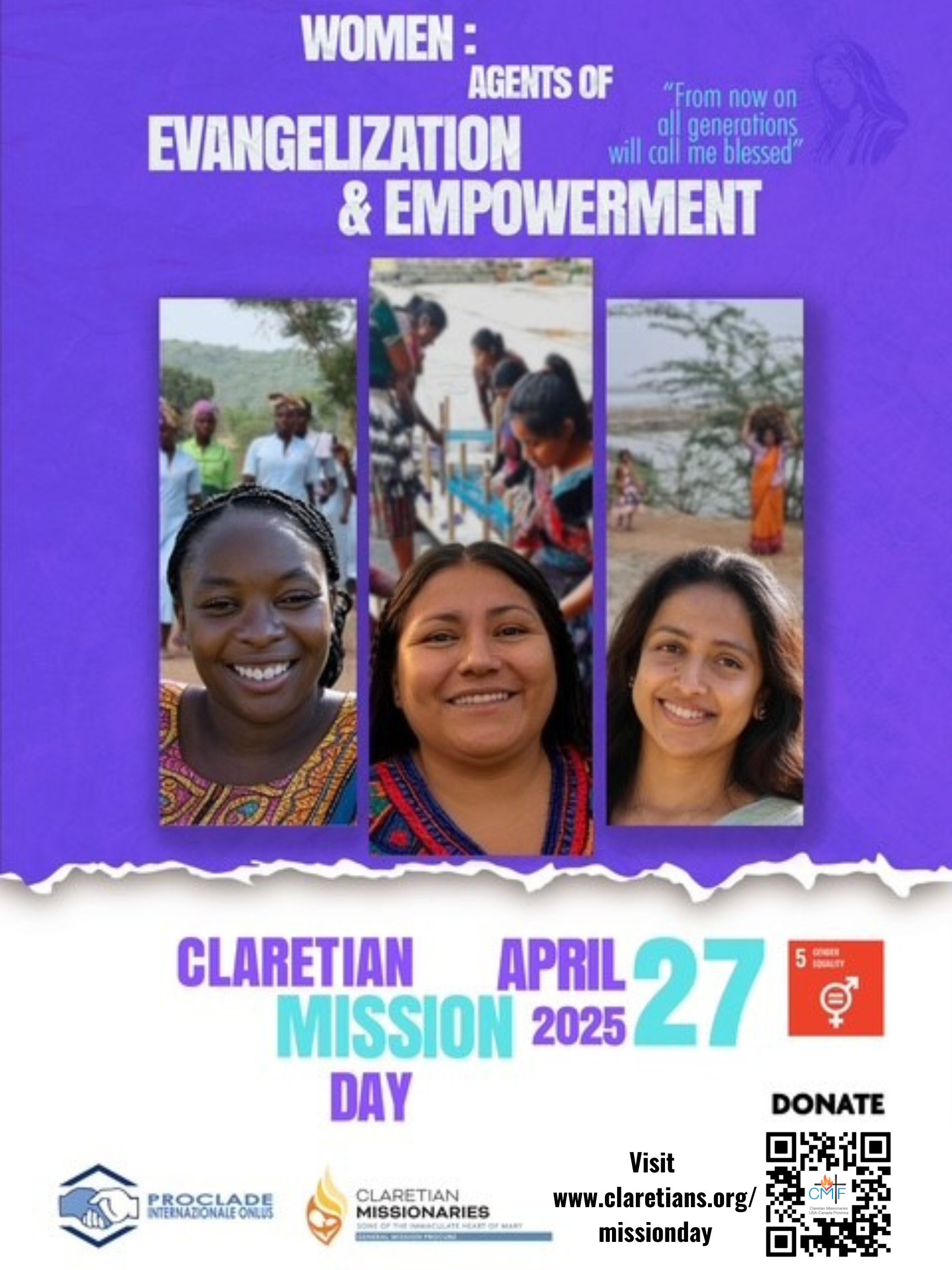
Add comment